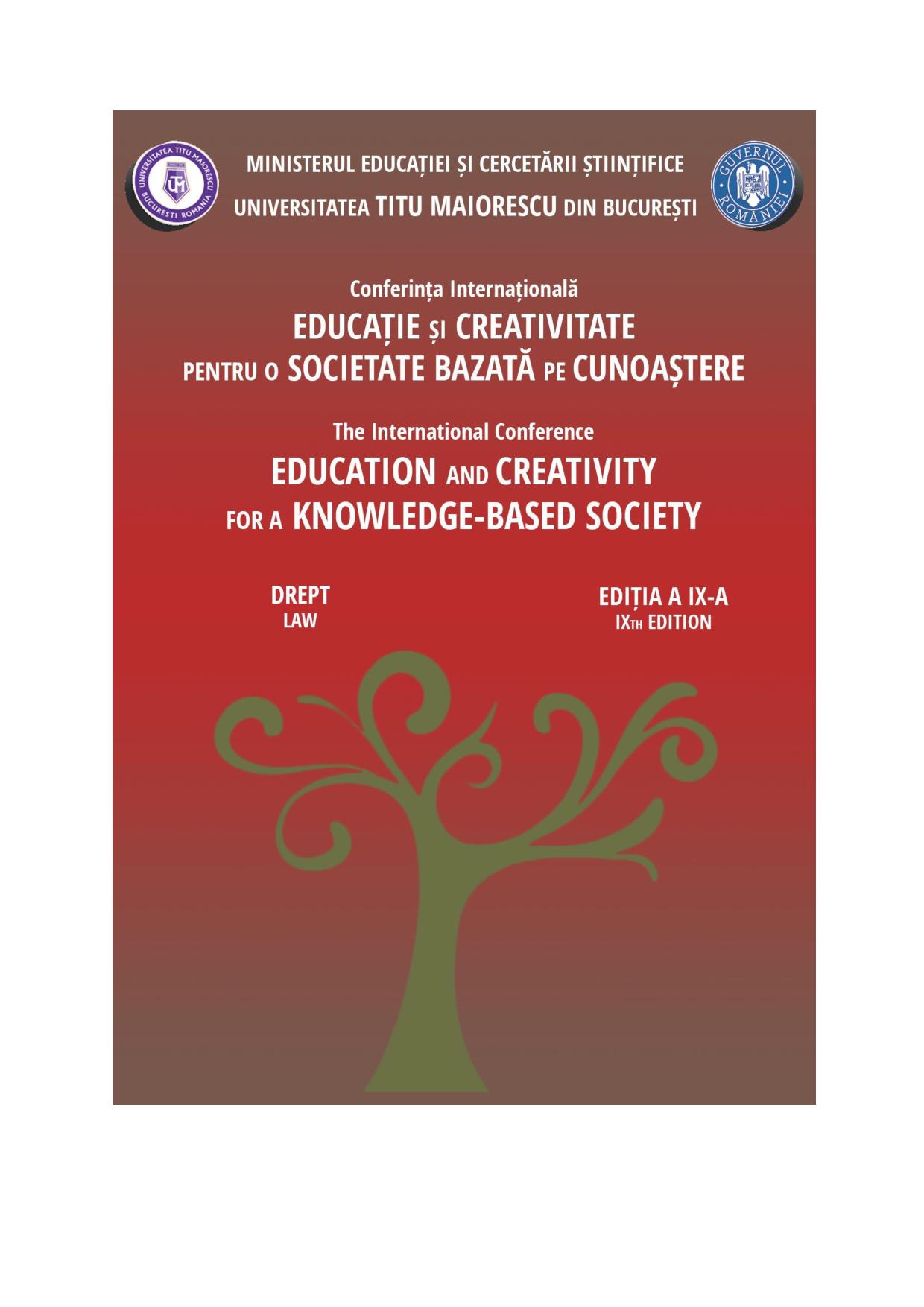ORGAN DONATION. BRIEF MEDICAL AND LEGAL PERSPECTIVE
ORGAN DONATION. BRIEF MEDICAL AND LEGAL PERSPECTIVE
Author(s): Manuela Lavinia Istrătoaie, Octavian IstrătoaieSubject(s): EU-Legislation
Published by: Österreichische Nationalbibliothek Wien/ Österreichisch-Rumänischer Akademischer Verein
Keywords: donor; organ; consent; altruistic; informed;
Summary/Abstract: Medical studies have shown that the organs of one donor can save / help 50 people. Organs that can be transplanted are the heart, kidneys, liver, lungs, pancreas, intestine, skin, bone and cornea. The donation of human organs, cells or tissues can be made from a living person or a deceased person, both cases require the express, free and prior consent of the donor or his heirs and essentially donation must be altruistic, free. Globally, organ donation by a deceased donor still stirring ethical and medical controversy, among others, because there is no European legislation for the diagnosis of brain death, there is a discrepancy manifest between the visions of various countries on the protocol declaration of brain death or clinical and biological death in the end. The transition from clinical death to biological death which makes possible organs transplantation can become an act of ethic interpretations.
Journal: Conferința Internațională Educație și Creativitate pentru o Societate Bazată pe Cunoaștere - DREPT
- Issue Year: IX/2015
- Issue No: IX
- Page Range: 181-187
- Page Count: 7
- Language: English

